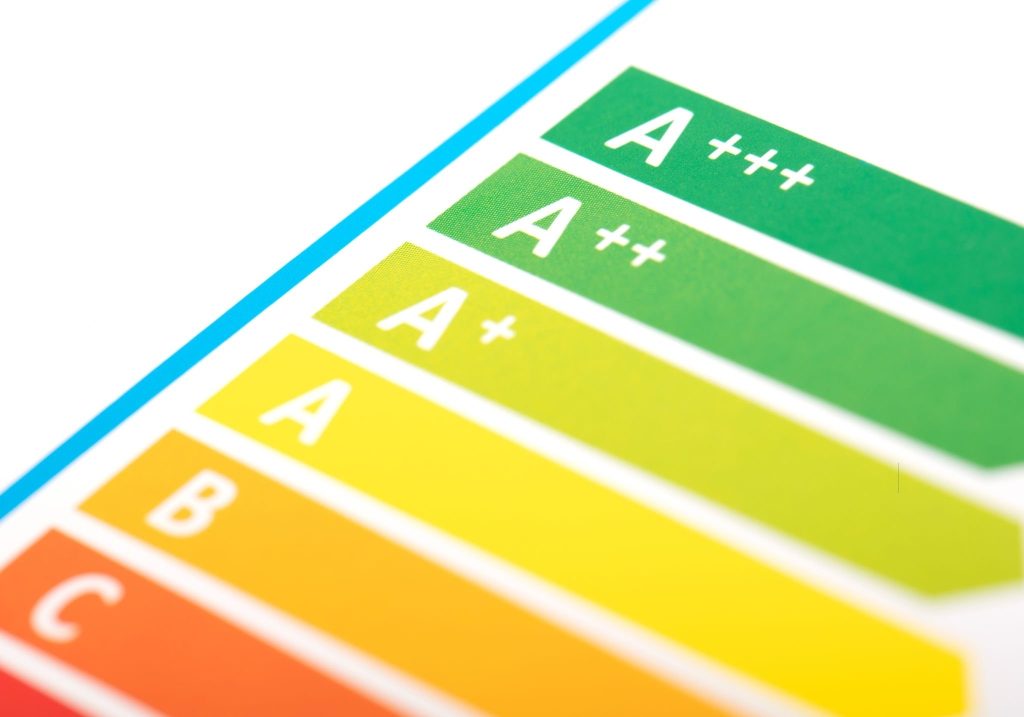A Credit Information Bureau India Limited (CIBIL) score, also known as a credit score, plays a crucial role in determining your eligibility for business loans in India. Lenders use this score to assess your creditworthiness and the risk associated with lending to you. The minimum CIBIL score requirements for business loans can vary depending on the lender and the type of loan, but here’s a general guideline:
CIBIL Score Range
CIBIL scores typically range from 300 to 900, with higher scores indicating better creditworthiness. The minimum CIBIL score required for a business loan may vary, but here are some general guidelines:
1. Excellent Credit (750 or Above): If you have an excellent CIBIL score of 750 or higher, you are likely to be considered a low-risk borrower. You should have a wide range of loan options with favorable terms and interest rates.
2. Good Credit (700 to 749): A good CIBIL score in the range of 700 to 749 is also viewed positively by lenders. You should still have access to a variety of loan options, although interest rates and terms may not be as favorable as those offered to borrowers with excellent credit.
3. Fair Credit (650 to 699): If your CIBIL score falls within the fair range, you may still qualify for a business loan, but your options may be limited. Lenders may charge higher interest rates to compensate for the perceived risk.
4. Poor Credit (Below 650): Having a CIBIL score below 650 can make it challenging to secure a business loan from traditional lenders. However, you may still explore alternative lending options, such as online lenders or financial institutions that specialize in serving borrowers with lower credit scores.

Factors Beyond CIBIL Score
While the CIBIL score is a significant factor, lenders also consider other factors when evaluating your eligibility for a business loan. These factors may include:
• Business Financials: Lenders may review your business’s financial statements, including income statements, balance sheets, and cash flow statements, to assess its financial health and repayment capacity.
• Personal and Business Credit History: In addition to your CIBIL score, lenders may examine your personal and business credit histories, including any past loan defaults or late payments.
• Collateral: If you’re applying for a secured business loan, the value and quality of the collateral you provide can impact your eligibility.
• Business Plan: Some lenders may require a detailed business plan outlining your business’s goals, strategies, and how you plan to use the loan funds.
• Cash Flow: Lenders often consider your business’s cash flow to ensure that it can support loan repayments.
• Industry and Market Conditions: The lender may evaluate the industry your business operates in and the overall economic conditions that could affect your ability to repay the loan.
Improving Your Eligibility
If your CIBIL score is below the desired range, you can take steps to improve your creditworthiness over time:
• Pay your bills and EMIs on time to demonstrate responsible financial behavior.
• Reduce outstanding debts to lower your credit utilization ratio.
• Avoid applying for multiple loans or credit cards simultaneously, as this can negatively impact your credit score.
• Regularly monitor your credit report for errors and dispute any inaccuracies.
• Consider credit counseling or financial advice to manage and improve your credit.
In summary, the minimum CIBIL score requirements for business loans in India can vary depending on the lender and loan type. Maintaining a good credit score and addressing other eligibility factors can increase your chances of securing a business loan with favorable terms. It’s advisable to check with specific lenders to understand their exact requirements and options available to you.

